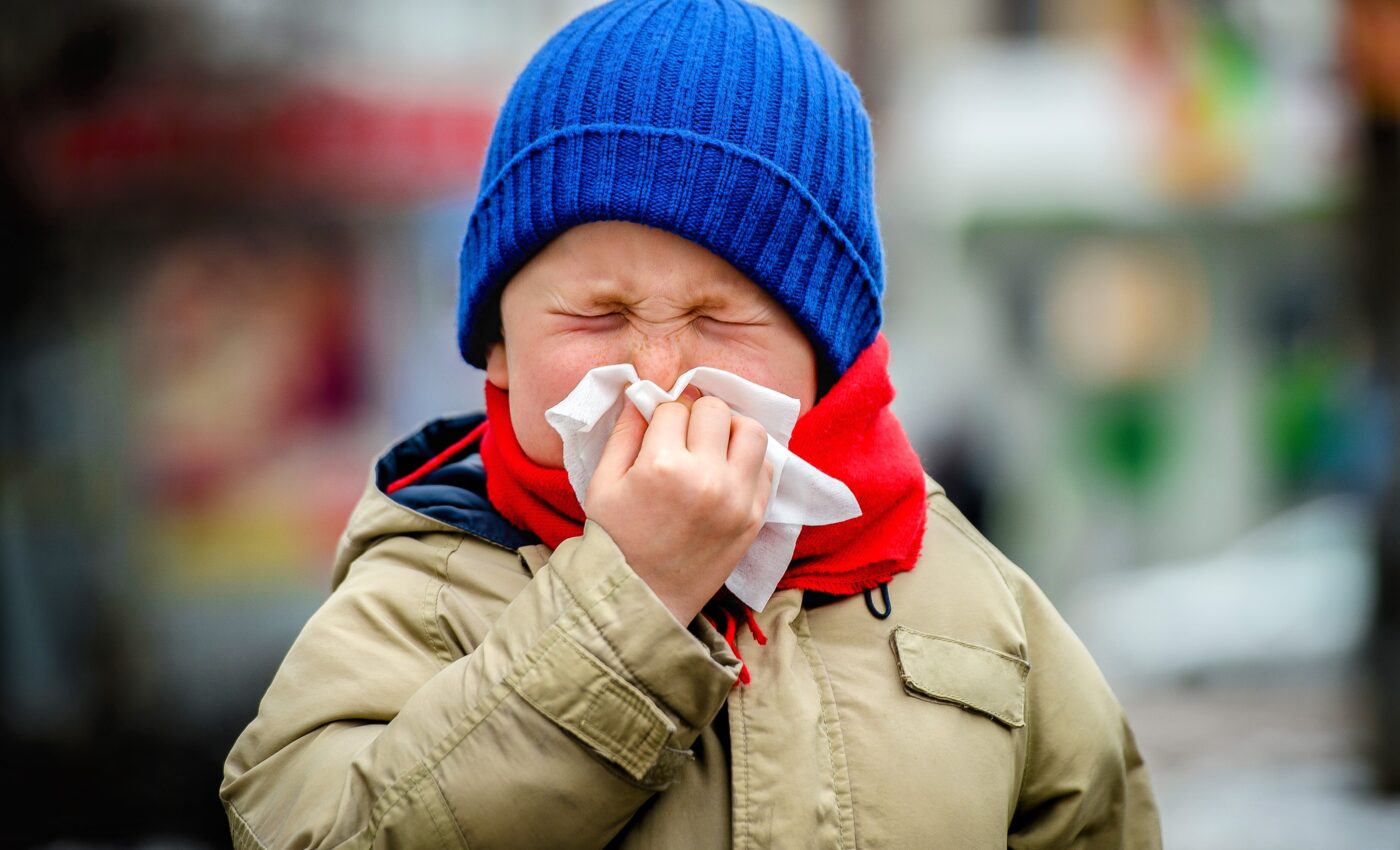
Common cold helped protect children from COVID-19
During the Covid-19 pandemic, doctors noticed that children were less affected by the virus than adults and seniors. Researchers with Karolinska Institutet, the Universities of Bern (Switzerland), Oslo (Norway), and Linköping University (Sweden) have discovered that this phenomenon may be partially explained by children’s exposure to the common cold, which produces memory T-cells that could help fight the COVID-19 virus.
To conduct their study, the scientists collected 48 blood samples from children between 2 and 6 years old and 94 samples from adults between 26 and 83 years old. They also included 59 samples from people who had recently recuperated from COVID-19.
Study co-author Annika Karlsson led the research at the Department of Laboratory Medicine, Karolinska Institutet. She explained why children have more immunity than adults and how their findings are important for future epidemiology research.
“These reactions are especially strong early in life and grow much weaker as we get older. Our findings show how the T-cell response develops and changes over time and can guide the future monitoring and development of vaccines,” said Karlsson.
According to the analysis, children as young as two years old seemed to benefit from this immunity. Still, more research is needed to understand how our immune response changes as we get older.
“Next, we’d like to do analogous studies of younger and older children, teenagers and young adults to better track how the immune response to coronaviruses develops from childhood to adulthood,” said study co-first author Marion Humbert.
The study was supported by the Swedish Research Council, Region Stockholm (CIMED), Karolinska Institutet, the Knut and Alice Wallenberg Foundation, and the European Research Council.
The research is published in the journal Proceedings of the National Academy of Sciences.
—
By Erin Moody, Earth.com Staff Writer
Check us out on EarthSnap, a free app brought to you by Eric Ralls and Earth.com.













